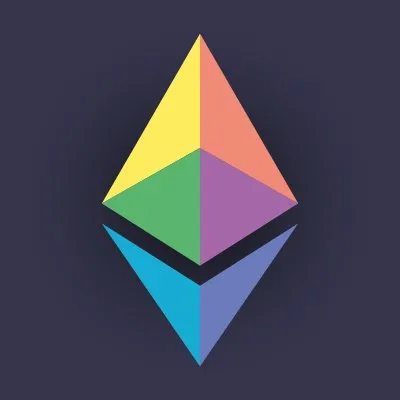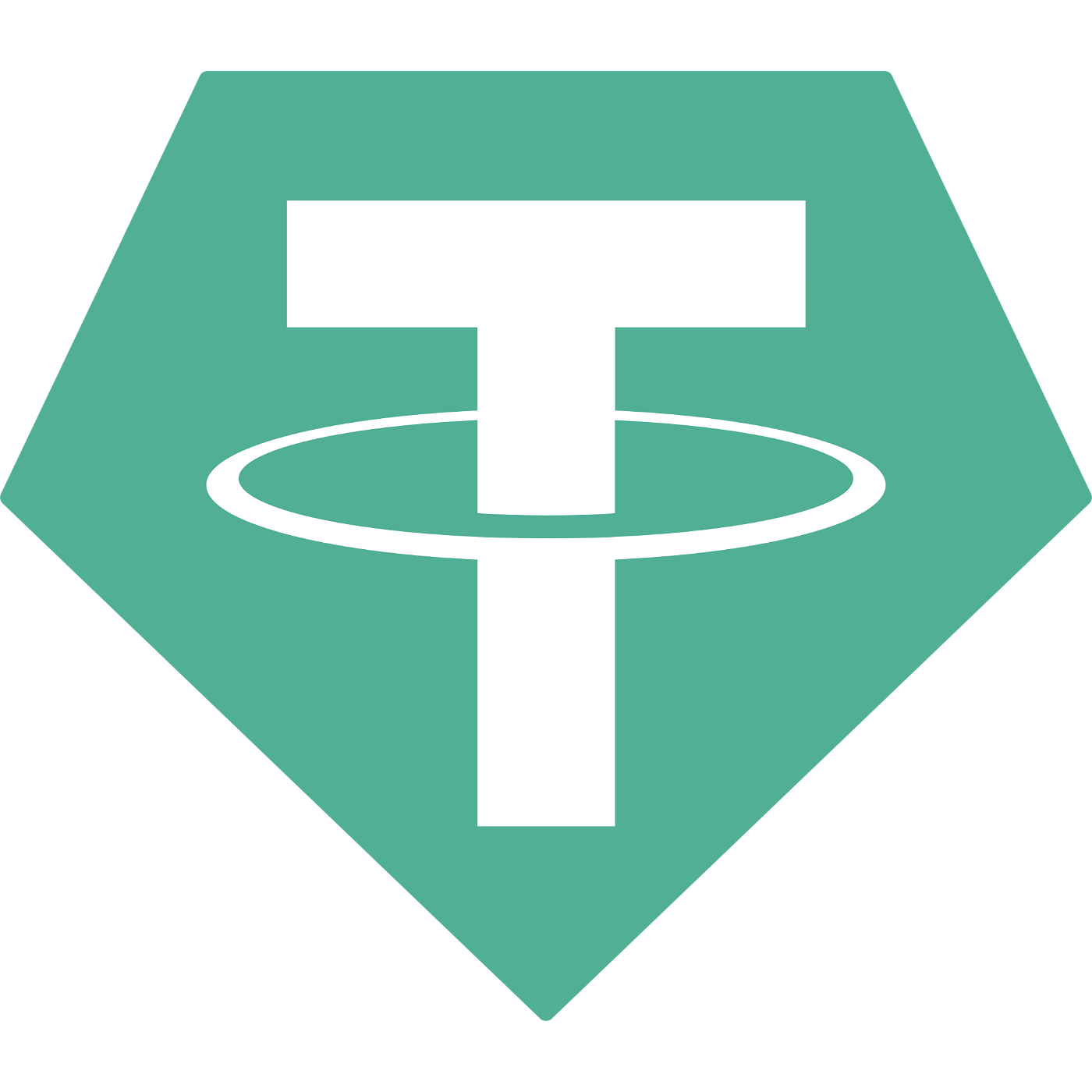
Subscribe to Bankless or sign in
Traditional methods for valuing blockchain networks often mischaracterize them, treating them like corporations and using formulas that were specifically designed to calculate fair stock prices based on very narrow considerations. This approach is fundamentally flawed.
Blockchains, particularly smart contract platforms like Ethereum, are not businesses—as explained in my previous articles, they are emerging, sovereign, digital economies with their own reserve currencies. These currencies not only serve their original native networks but can also act as SoV, UoA, and medium of exchange “abroad” - in the case of ETH, the currency isn't limited to its original mainnet, but has permeated and become the reserve of several extensions (L2s) that are part of its monetary jurisdiction, and even thrived beyond these most immediate boundaries (akin to how USD operates today).
Additionally, proof-of-stake blockchains introduce mechanisms analogous to bonds, where participants stake their assets to secure the network in exchange for future returns. These dynamics reflect the structure of a nation-state’s economy, with financial instruments supporting its defense, as well as current and future operational stability.
Subscribe for free to continue reading
- Support the Bankless Movement
- Access to thousands of articles
- Complete archive of Bankless episodes
- Embark on free quests in Airdrop Hunter
- Daily alpha in your inbox
Already subscribed? Sign in






